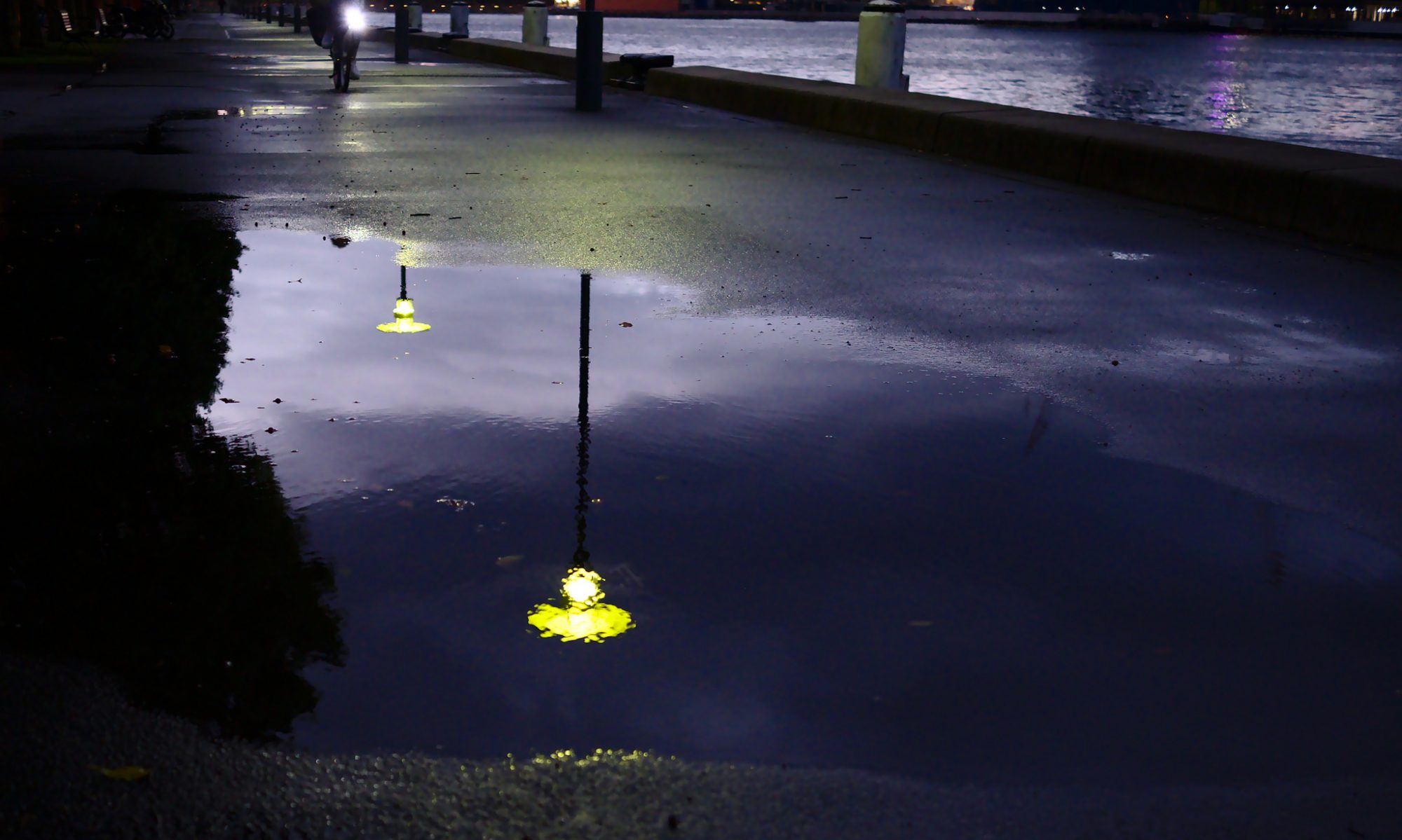This article originally appeared on Geek Feminism.
So there’s Reddit. For the Reddit abstainers like me (I’m also not on Tumblr or Facebook, I’ll move on and set up neo-Luddite Feminism Blog any day now), a quick intro: discussion forum, encouraging the creation of Reddit subforums (subreddits) around any topic you can think of. Hugely popular: the mainstream press tends to cite Barack Obama’s Ask Me Anything thread as proof.
Reddit is strongly committed to what their users call freedom of speech, but that isn’t a very specific term on the Internet: it can mean anything from “I believe governments should not restrict expression” to “I believe that never deleting comments* from a forum improves the quality of discussion” to “I believe that never deleting comments from a forum is the only ethically correct way to run a forum.” (Or the disingenuous version: “I believe that I personally should be able to say what I want in any forum.”)
In Reddit’s case, freedom of speech basically amounts to “we believe that any user should be able to create a subreddit and moderate it how they and fellow moderators choose.” They host, for example, hate speech subreddits. They also until recently hosted r/CreepShots, a subreddit for sharing non-consensual photos of girls and women (up-skirting and such).
Over the last week, there’s been several eruptions around Reddit. Recently, Samantha** set up Predditors, which posts publicly available information about contributors to r/CreepShots, gathered from other sites linked to their Reddit pseudonym. It’s up and down: right now the first entry lists the full name, date of birth, employer, marital status and several photographs of one Eric Gore, Reddit username “ocbaud”, who submitted covert shots of women taken in his workplace. Jezebel posted about Predditors on October 10: How to Shut Down Reddit’s CreepShots Once and for All: Name Names. Predditors was temporarily closed by Tumblr shortly after, although at time of writing it is back with two profiles of Reddit users.
“Reddit’s defense of [CreepShots] is that it’s ‘technically legal,’ [Samantha**] explained. (The subreddit’s bio mansplains it well: “When you are in public, you do not have a reasonable expectation of privacy. We kindly ask women to respect our right to admire your bodies and stop complaining.” You can also click here for information on how little Reddit’s administrators seem to care about policing the subreddit.) “So I’m doing something that’s technically legal, but will result in consequences for their actions. These fuckers think they can get away with it scot free, which is one of the reasons why sexual violence is so prevalent around the world.”
In addition, on October 12, Gawker published Adrian Chen’s Unmasking Reddit’s Violentacrez, The Biggest Troll on the Web, identifying Reddit user Violentacrez, a moderator of r/CreepShots and several other subreddits hosting racist, misogynist and/or sexually abusive content, as Michael Brutsch, a computer programmer in Texas. Brutsch apparently moderated most of the subreddits out of a commitment to a “I believe that never deleting forums from Reddit is the only ethically correct way to run Reddit” version of free speech, but was more personally interested in r/CreepShots, regularly contributed content. Chen also describes a reasonably close working relationship between Reddit staff and Brutsch, who was active in training other moderators, and in identifying illegal content so that Reddit could remove it (that they don’t want to host).
It’s not yet clear how things will go from here: will Predditors survive, will Samantha** survive burnout, will creep shots remnants pop up all over the web like zombies? (The last is already happening***.)
Some of Geek Feminism’s authors have had a backchannel discussion over the last year or so about various Database of Harassers proposals. The proposal there is for documentation of in-person harassment incidents, for people who would rather not make their harassment accusations public in a blog entry or etc for the usual reasons We’ve taken a pretty skeptical view of the likely success of such a project. What do you think? Does the success of the wiki’s own incidents listing (which relies on third party public reports) or Predditors change your opinion?
* No one seems to believe this about spam.
** The pseudonym that was used in the Jezebel article.
*** Link is to a Jezebel article, not directly to a creep shots site.
